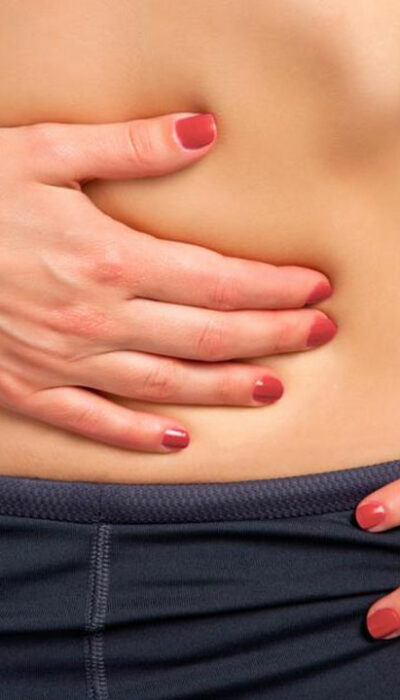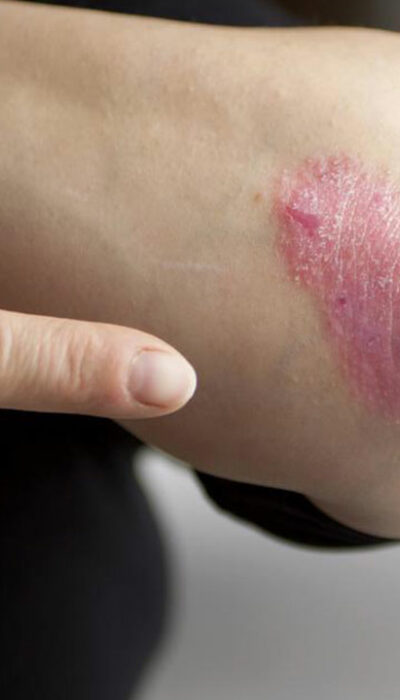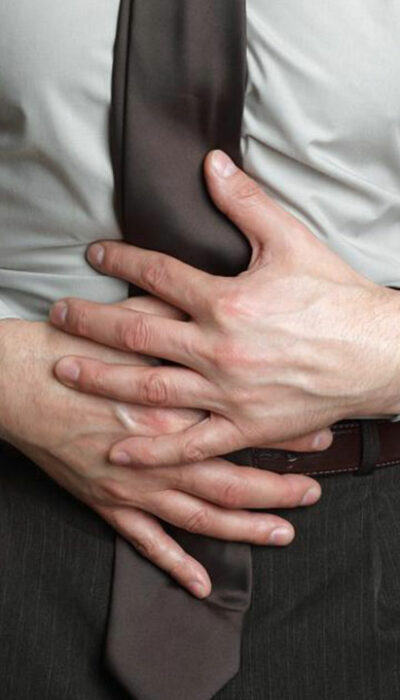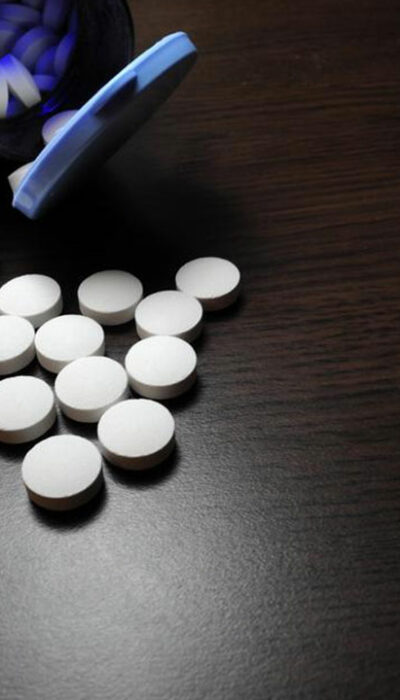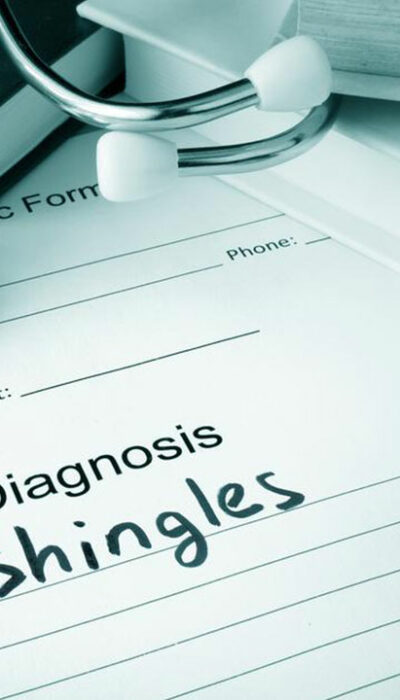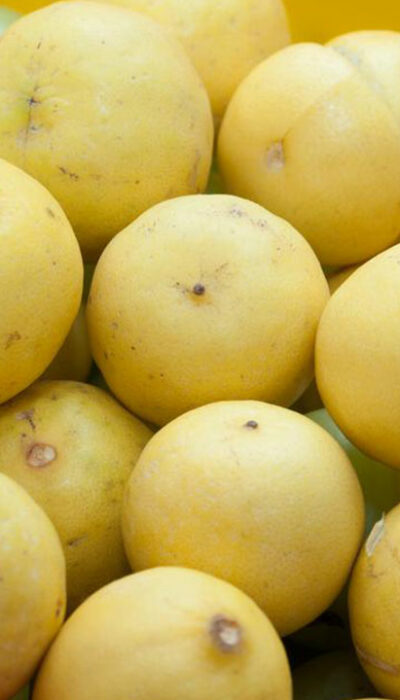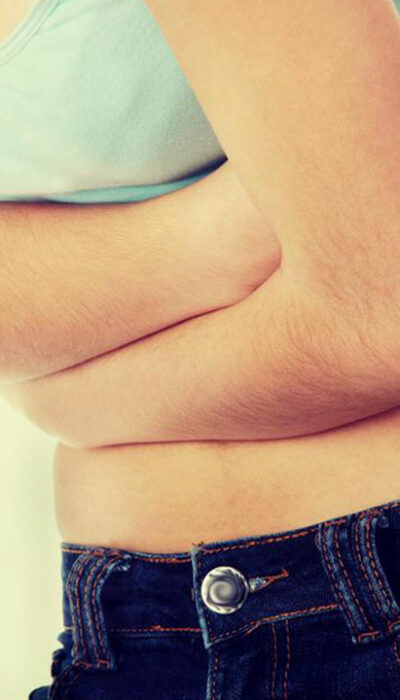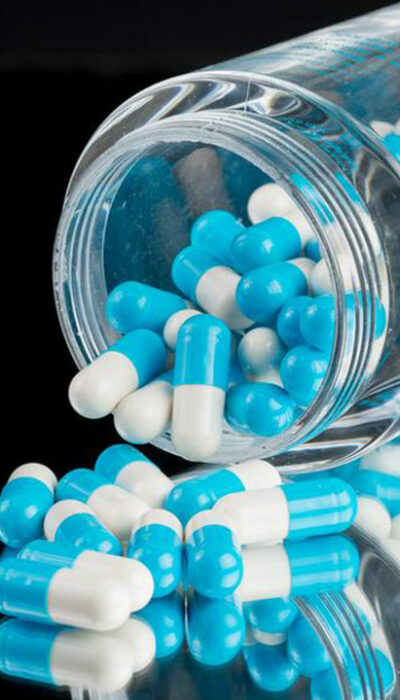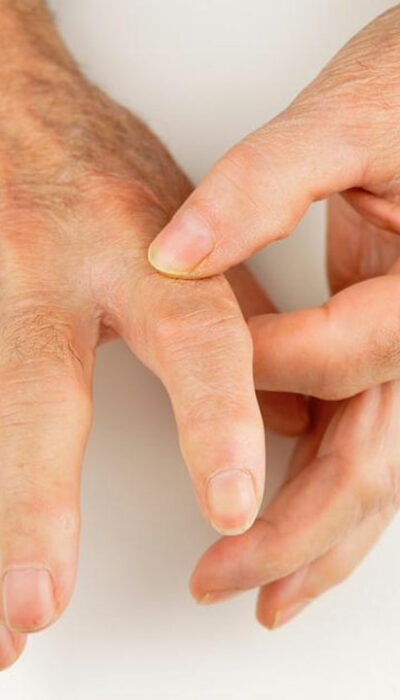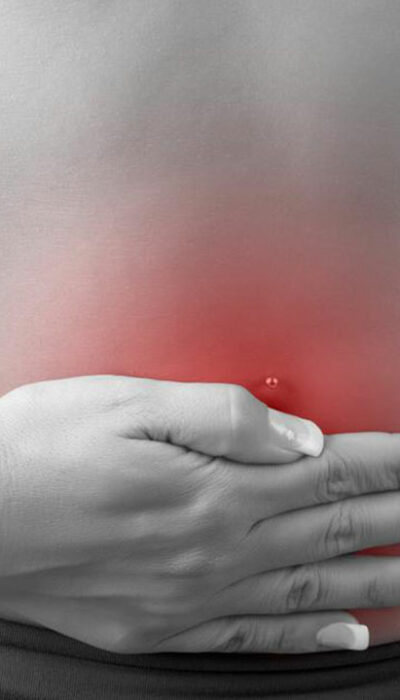
Effective Ways to Treat Urinary Tract Infections
Urinary tract infections (UTIs), also known as cystitis, are fairly common, especially among women. In fact, half of all women in the world suffer from a UTI at some point in their lifetimes. UTIs occur when bacteria, that are usually found in your gastrointestinal tract and pelvic region, enter into your urinary system. The bacteria don’t have much to travel to infect the woman’s bladder. As a result, it causes the inflammation of the bladder. Although UTIs are mostly caused by bacterial infections, they can also be caused by several other factors, such as chemical irritants, fungal infections, foreign bodies (e.g., kidney stones), and trauma. Symptoms of urinary tract infections Typically, UTI symptoms include the following: – Suprabic pain, which is the pain in lower abdomen – Dysuria, which is pain or a burning sensation upon urination – Needing to urinate urgently and frequently – Sometimes, the urine could be bloody or even cloudy Having said that, the symptoms can differ by age. Infants suffering from a UTI usually develop a fever, become fussy or feed poorly. Moreover, the elderly might experience fatigue, become incontinent or may even develop dementia. Urinary tract infection treatment options Step 1: Diagnosis The first and foremost step for the treatment of a UTI is a positive diagnosis. According to the diagnosis, the appropriate cure is suggested. There are a few tests for diagnosis of a UTI: Urine analysis You might need to have a urine culture taken to be evaluated for a possible infection of your kidneys. Once you get a urinalysis done, there might be signs of Pyuria—the presence of white blood cells in the urine, which can make the urine appear cloudy. Having a couple of WBCs in the urine can be normal, however, if there are more than 5 WBCs per high powered field is considered abnormally high.
